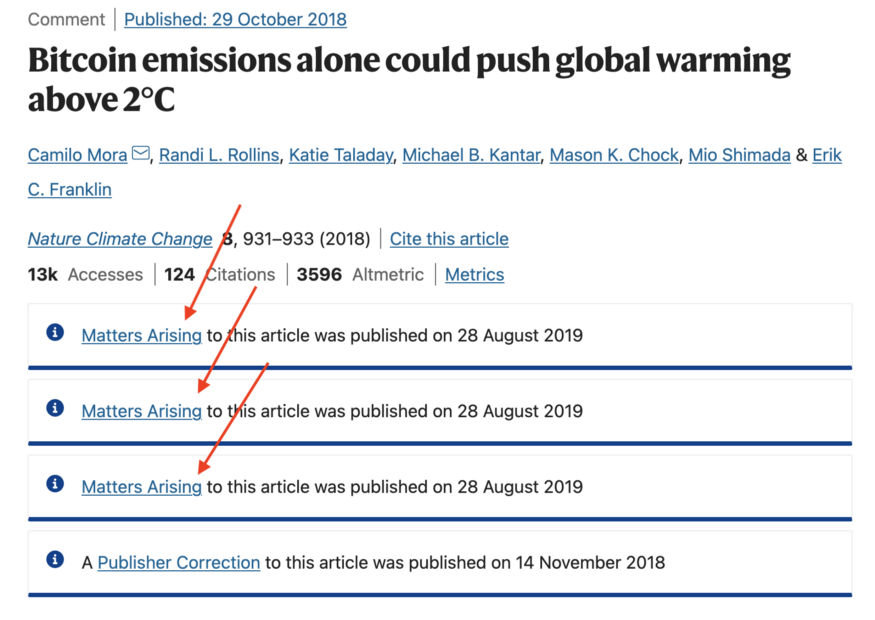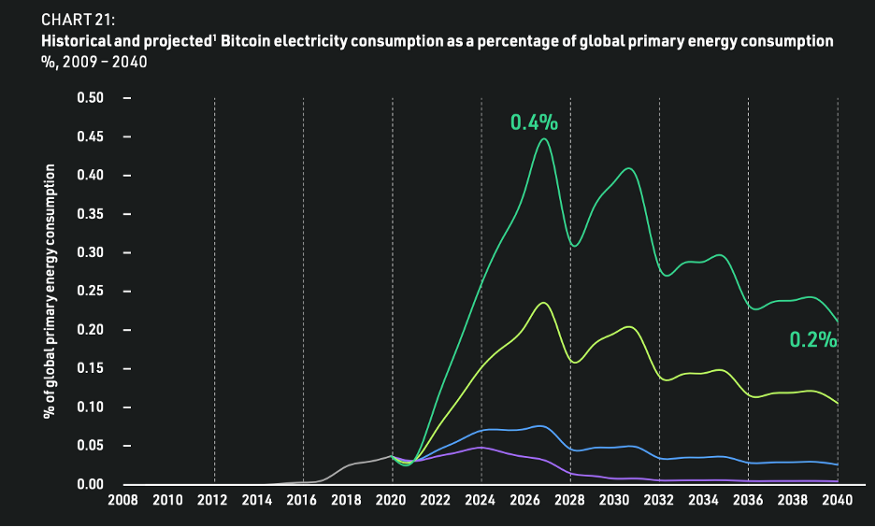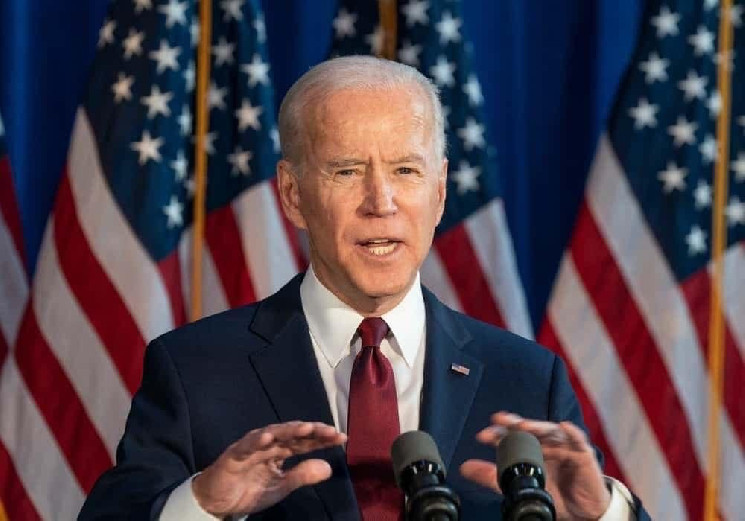President Joe Biden’s executive order on cryptocurrencies included tasking the White House Office of Science and Technology Policy (OSTP) with carrying out a study into the climate implications of cryptocurrency mining, but an industry expert sees multiple issues with it.
Specifically, according to CoinMetrics co-founder Nic Carter, the ‘Climate and Energy Implications of Crypto-Assets in the United States’ study has nine critical mistakes, which he listed and explained on his blog on September 15.
No new data
First of all, Carter says that “this report is mainly regurgitation of data presented (and in some cases dreamed up) by academia and bloggers,” accusing its authors of limited experience in Proof-of-Work (PoW) debates or laziness in their approach.
Ignoring industry experts
He also accuses the authors of “ignoring contributions of industry subject matter experts,” such as by Arcane Research, Bitcoin Mining Council, or ‘Bitcoin Net Zero’ report by NYDIG’s Ross Stevens and Carter himself.
Citing De Vries
Additionally, he sees a problem with “extremely heavy reliance on [Alex] De Vries/Digiconomist,” as De Vries works for the “anti-crypto” Dutch Central Bank and is not a climate expert nor an authority on mining. He debunks De Vries’s claims on BTC energy consumption and the alleged e-waste and emissions from cryptocurrencies.
Citing Gallersdörfer, Klaaßen, and Stoll
Furthermore, Carter criticizes the reliance on the “non-academic” and “conflicted” work of Ulrich Gallersdörfer, Lena Klaaßen, and Christian Stoll, who “actually do cash in on their academic efforts with a consultancy called the Crypto Carbon Ratings Institute (CCRI),” helping “Proof of Stake blockchains launder their reputations.”
Relying on ‘absurd’ reports
Citing the “absurd” Camilo Mora et al. 2018 report “Bitcoin emissions alone could push global warming above 2°C” is another pain point, as Carter says it “supposes a model of Bitcoin (BTC) that bears no relation to Bitcoin at all, and gets an obviously erroneous result.”

Conflicted approach to data use
Regardless of acknowledging a lack of data and that its estimates are uncertain, the report still presents “wild guesses from the likes of De Vries as fact” and cites erroneous figures. As Carter added:
“In places where we could have reasonably good models, like estimate Bitcoin’s future energy consumption (…), they refuse to make an estimate. Even though the report does emphasize data gaps and stresses the epistemic limitations of this topic, the authors are generally undeterred and plow ahead with naked assertions.”
“Can’t win” approach to miners using renewables
The most frustrating part of the report, in Carter’s opinion, is its brushing off of the miners’ efforts to decarbonize their operations, including dismissing flare gas mitigation, claiming that stranded renewables use obstructs transmission, and not crediting miners for “subsidizing a renewable buildout.”
Avoiding projections of Bitcoin’s energy trajectory
He also questions the unwillingness of the report’s authors to propose a single model projecting Bitcoin’s future energy use, leaving it “wide open to the imagination,” especially considering that such models are “provided generously by industry, which the government has chosen to disregard.”

‘Stupid and counter-productive’ suggestions
Finally, Carter bashes the “stupid and counter-productive” recommendations that force Bitcoin miners to bring “net new renewable generation online in order to be eligible to mine,” a requirement that doesn’t exist for any other industry in the U.S.
As a reminder, back in March 2022, President Biden signed an Executive Order establishing the government’s position on cryptocurrencies and laying out its first strategy to protect consumers, financial stability, national security, and address climate implications, as Finbold reported.
 finbold.com
finbold.com
